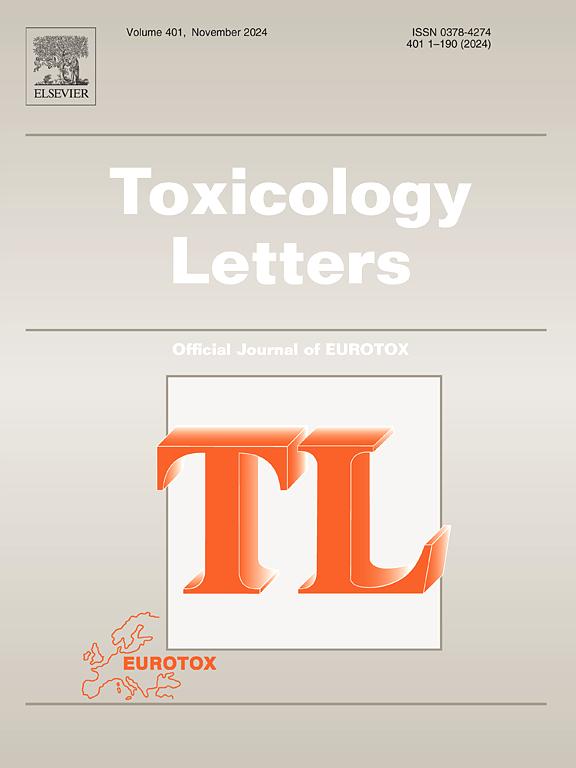电动汽车真的对环境有害吗?
IF 2.9
3区 医学
Q2 TOXICOLOGY
引用次数: 0
摘要
一年一度的SOT/EUROTOX辩论的特点是主要毒理学家对毒理学中有争议或紧迫的问题提出不同的观点。这场辩论始于20世纪90年代初,从那以后一直是备受期待的事件。今年,辩手们将围绕“电动汽车真的对环境有害吗?”辩手将介绍在权衡电动汽车对环境的成本和收益时应该考虑的问题。这场辩论的关键是考虑到排放、自然资源、能源消耗、成本和生命周期。相关问题包括:1评估汽油车和电动汽车对环境的影响最重要的因素是什么?2电动车电池对环境的影响是什么?在转向电动汽车的过程中,哪些人群受到的影响最大?如何在材料的整个生命周期中比较风险?化石燃料和电动汽车电池材料的提取工艺有何不同?除了作为本次会议的主题演讲外,这场辩论已经在美国奥兰多举行的2025年SOT年会期间(3月16日至20日)举行(辩论者采取了相反的立场)。本文章由计算机程序翻译,如有差异,请以英文原文为准。
Are electric vehicles actually bad for the environment?
The annual SOT/EUROTOX debate features leading toxicologists presenting contrasting perspectives on a controversial or pressing issue in toxicology. The debate began in the early 1990s and has been a highly anticipated event ever since.
This year, the debaters will address the proposition, “Are Electric Vehicles Actually Bad for the Environment? ”The debaters will introduce the issues that should be considered in weighing the costs and benefits of electric vehicles to the environment. Critical to this debate are considerations of emissions, natural resources, energy consumption, cost, and lifecycle. Relevant questions include:
- 1What are the most important factors for evaluating the environmental impact of gas versus electric vehicles?
- 2What is the environmental impact of electric vehicle batteries?
- 3What populations are most impacted in the switch to electric vehicles?
- 4How can risk be compared across the entire lifecycle of the materials?
- 5How do extraction processes for fossil fuels versus electric vehicle battery materials differ?
In addition to inclusion as a Keynote Lecture at this meeting, this debate took place already (with the debaters having taken the reverse positions) in Orlando, US, during the 2025 SOT Annual Meeting, March 16–20.
求助全文
通过发布文献求助,成功后即可免费获取论文全文。
去求助
来源期刊

Toxicology letters
医学-毒理学
CiteScore
7.10
自引率
2.90%
发文量
897
审稿时长
33 days
期刊介绍:
An international journal for the rapid publication of novel reports on a range of aspects of toxicology, especially mechanisms of toxicity.
 求助内容:
求助内容: 应助结果提醒方式:
应助结果提醒方式:


